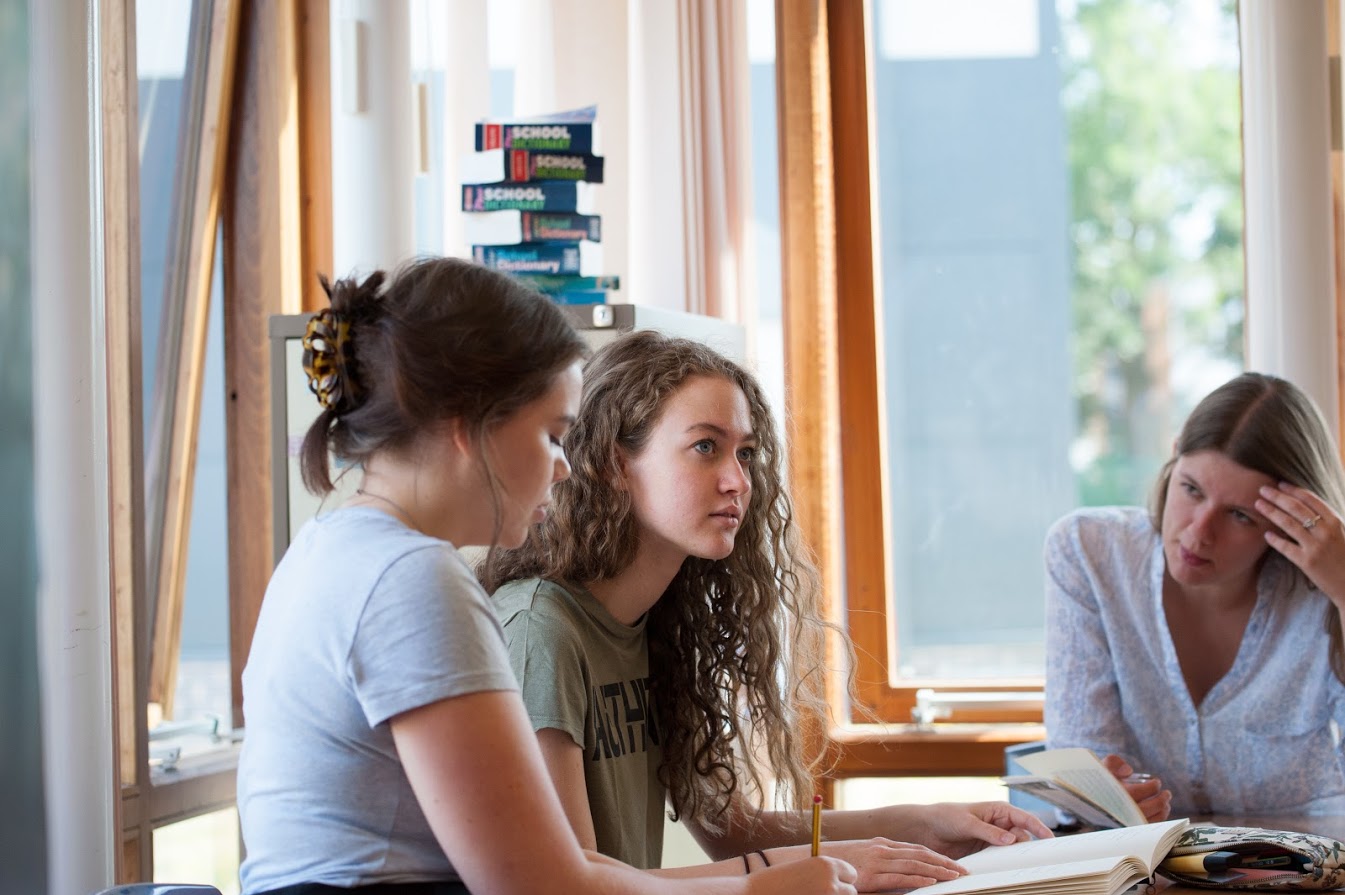Philosophy and Religious Studies
Watch our Video
What our students say
I chose to study PRS because I have always had interest about the philosophy and ethics of our everyday lives and also how the world works in terms of morality. I also really enjoyed GCSE, so I wanted to develop my knowledge within the subject.
how the world works in terms of morality. I also really enjoyed GCSE, so I wanted to develop my knowledge within the subject.
One of the things I like best about this subject is the constant discussions on theories, as we can openly evaluate ideas of philosophers with our own opinions. This also offers elements of debate which are always very fun to have!
Next year I'm planning to study Criminal Law at university. This subject has enabled me to successfully form a debate within an essay and verbally, which will really benefit me in the future.
Sonali
Exam Board: OCR
Units and brief summary of content
A Level Religious Studies is a demanding academic subject which is valuable preparation for any career requiring an ability to think independently. With core elements of Philosophy, Ethics and Developments in Religious Thought, an A Level in Religious Studies trains students to be able to go beyond conventional thinking when faced with difficult questions and challenging scenarios. The course involves research, essay writing, and the development of analytical and critical thinking skills. Most of our students find the subject both interesting and challenging and go on to achieve good results.
Component 1: Philosophy of religion (2 hours exam, 3 questions)
Learners will study:
- ancient philosophical influences
- arguments about the existence or non-existence of God
- religious experience
- the problem of evil
- perspectives on personal identity relating to ideas about the soul, mind and body
- ideas about the nature of God
- issues in religious language.
Component 2: Religion and ethics (2 hours written paper, 3 questions)
Learners will study:
- normative ethical theories
- the application of ethical theory to two contemporary
- issues of importance
- ethical language and thought:
- debates surrounding the significant ideas of conscience and free will
- the influence on ethical thought of developments in religious beliefs and the philosophy of religion
Component 3: Developments in religious thought (2 hours written paper, 3 questions)
In this component, learners have the opportunity to undertake a systematic study of key concepts within the development of Christian thought.
Learners will study:
- religious beliefs, values and teachings, their interconnections and how they vary historically and in the contemporary world
- sources of religious wisdom and authority
- practices which shape and express religious identity, and how these vary within a tradition
- significant social and historical developments in theology and religious thought
- key themes related to the relationship between religion and society
Who should consider Religious Studies?
Students who are hoping to pursue further studies in Medicine, Politics, Law, Business, Media, Teaching and Journalism will find the study of Philosophy & Ethics extremely worthwhile.
Entry requirements: GCSE grade 6 in English
Contact: Ms. P.Lynch, Head of Philosophy & Religious Studies






